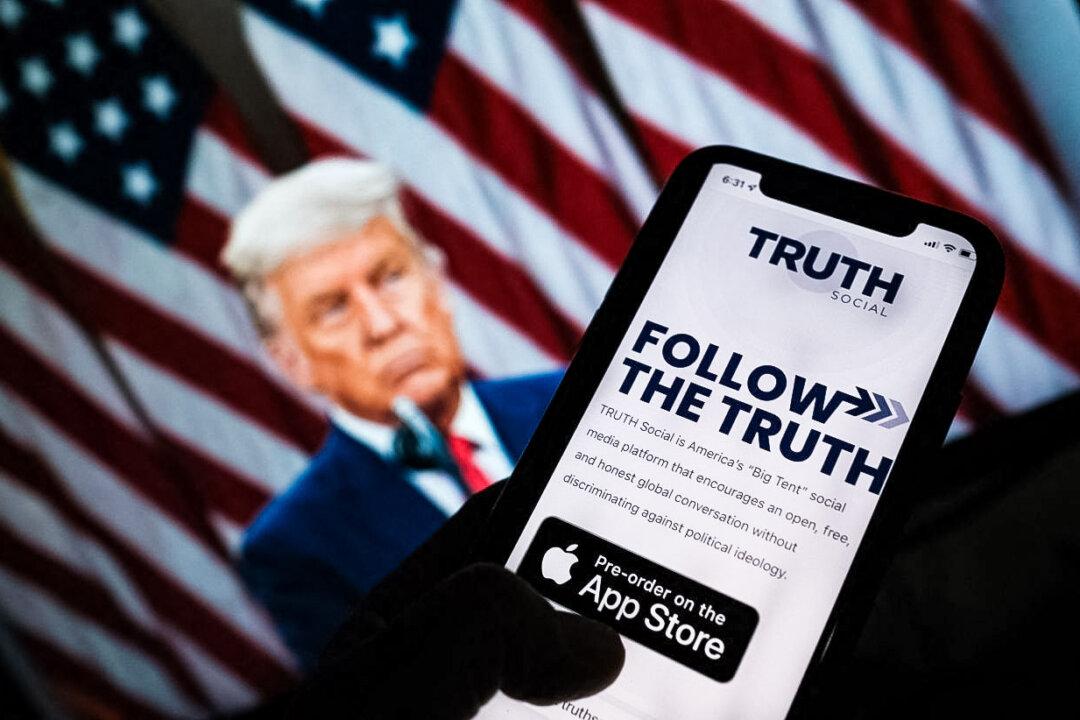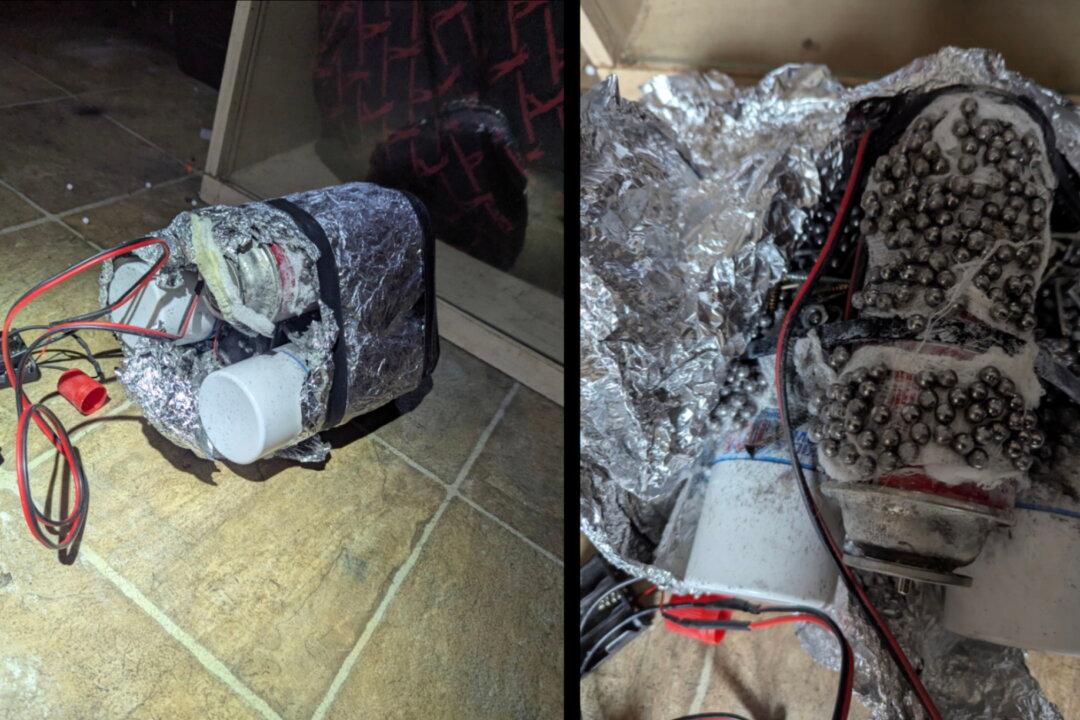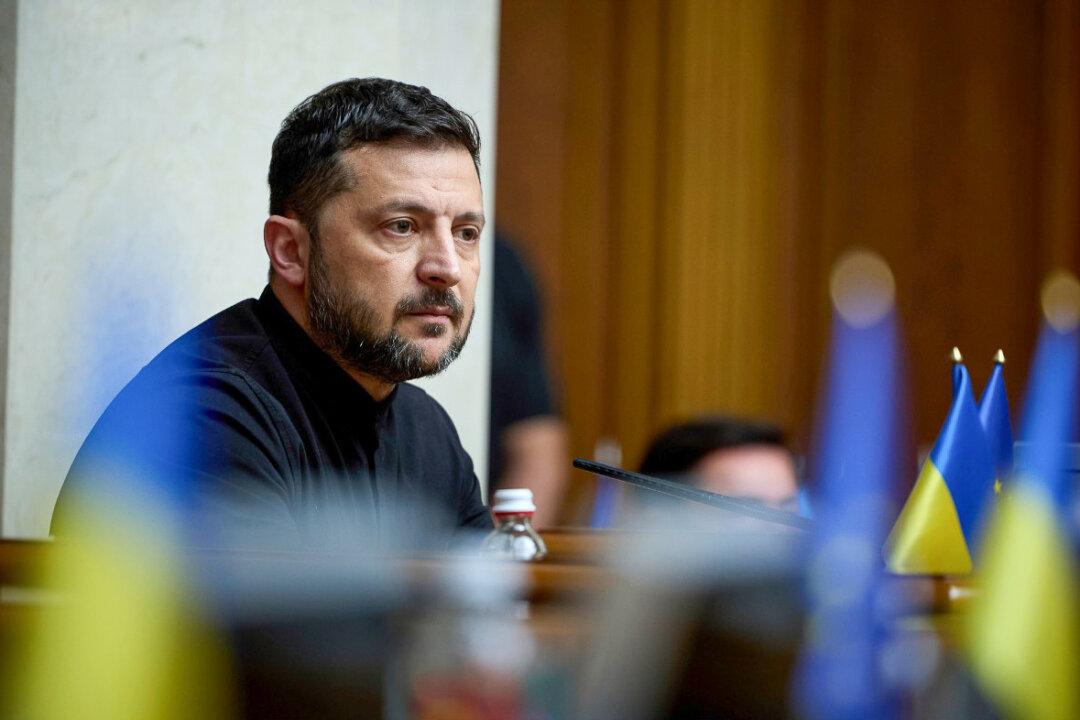A federal judge in New Jersey has ordered the release of former Columbia University student Mahmoud Khalil, a prominent figure in pro-Palestinian protests on campus.
During a court hearing on June 20, U.S. District Judge Michael Farbiarz granted Khalil bail, following an earlier decision this month to block his deportation and continued detention.
The judge said he would issue a formal order later in the day directing the Trump administration to release Khalil, while denying the government’s request to stay his decision for seven days, according to reporters in the courtroom.
Hours later, Khalil was released from immigration custody, speaking to reporters outside the Louisiana immigrant detention center where he was being held.
Bail conditions restrict his travel to New York, New Jersey, Michigan, the District of Columbia, and Louisiana, where he must attend immigration proceedings.
The Trump administration filed an appeal against Farbiarz’s rulings with the U.S. Court of Appeals for the Third Circuit on the evening of Khalil’s release. This could affect Khalil’s release status or the conditions of his bail. The Epoch Times has reached out to the Justice Department for comment.
Khalil, 30, served as a spokesperson for student protesters who opposed Israel’s military campaign in Gaza following Hamas’s Oct. 7, 2023, terrorist attack.
Khalil’s lawyers said his arrest and impending removal from the United States violated his constitutional rights.
However, both the judge and the Justice Department said Khalil could seek relief in the usual administrative system that governs immigration cases, and that he could seek bail.
Government attorneys also contended that Khalil’s continued detention is independently justified by a second removability charge—alleging fraud in his application for permanent legal residency—and that the court had upheld the legality of that detention just days earlier.
Justice Department lawyers also noted that Khalil had failed to exhaust available administrative remedies, such as requesting a bond hearing before an immigration judge, while arguing that Khalil was trying to bypass a well-established legal process that governs release during removal proceedings.
“In any event, this Court should not order Khalil’s outright release, because doing so would impede on the Government’s discretionary decision to detain him on lawful independent grounds,” they wrote.
They also argued that Khalil poses no flight risk or danger to the public, and cited an Immigration and Customs Enforcement directive concerning parental interests, noting that Khalil has custody of his son and serves as a primary caregiver.





